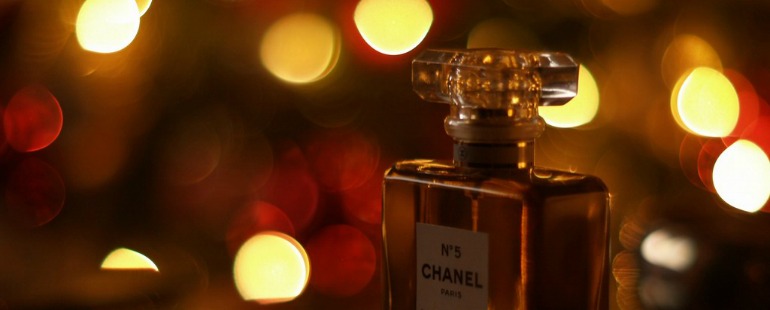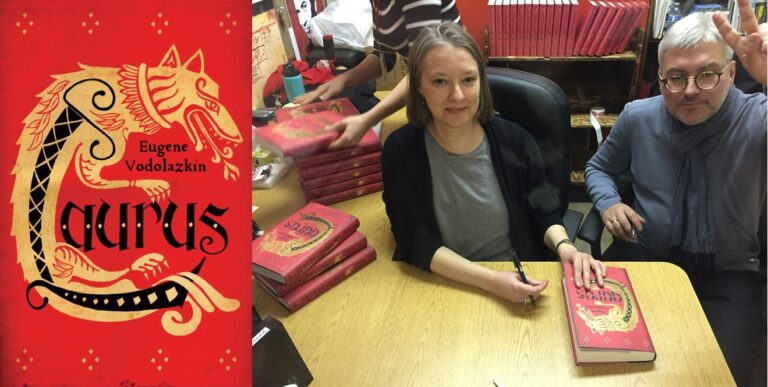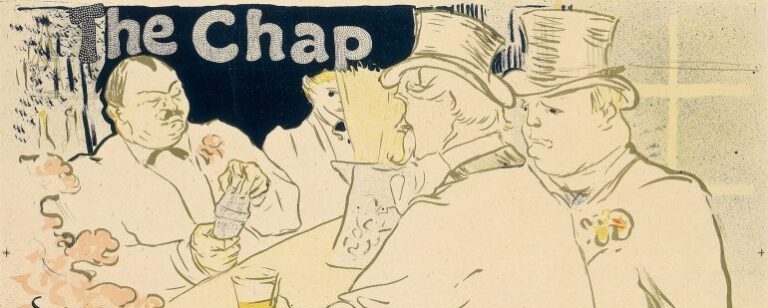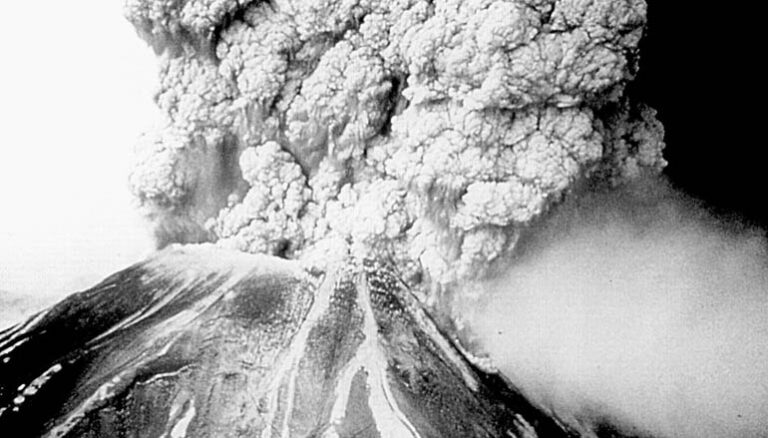On Scent and Time Travel

“ . . . I felt a strong emotion, I recognized the smell, which brought with it a sensation of comfort, a sense of myself that I no longer had.”
~Elena Ferrante, My Brilliant Friend
Somewhere in West Virginia sits a ghost town that once was a heap of millionaires. Thirteen unlucky mansions haunt Bramwell: the place where, about a century ago, the women bought boatloads of Chanel No. 5.
At least that’s what the West Virginia guidebook said. I don’t have the book any more, but I believe the legend. I believe it like I believe that such a small town in West Virginia is piss in a kiddie pool compared to Paris, but all the same, those millionaire wives practically bought Chanel out. The perfume holds something sneakier than musk and a five-petaled rose. Since I drove through that ghost town years ago, Chanel No. 5 has smelled dangerous to me. Bramwell bathed in the sophisticated scent, only to disappear in the time it took to strike the match that burned it down.
My bottle of Chanel No. 5 probably does not smell exactly like what the Bramwell women wore. Scent plays the cruelest trick of all: it convinces the strongest human sense, the one most connected to memory, that we have travelled through time. When the air clears, we realize that whatever we thought we smelled is just a shadow, a near-twin, a ghost.
In the case of commercial perfume, scents change over time not only because of the vagaries of chemistry, but also because of technological and regulatory shifts in the beauty industry. As scent expert Denyse Beaulieu explains in The Perfume Lover, musk makes more of a profit when it is mass-produced from a synthetic, rather than an animal’s glands. And then there’s the concern that dousing a body in chemicals might have unforeseen effects, à la The Incredible Shrinking Woman. Ingredients can change in five years, let alone a hundred.
But I didn’t know about any of this, that time I tried to use a plastic bag to save the smell of my grandmother.
If the smell of my grandfather was something like breaded veal cutlets frying in the kitchen, the smell of my grandmother was the whole house. She was the smell of sleepovers spent watching classic movies, of days spent learning how to do grown-up things. She was magical, reading to me from old books of fairy tales and sharing trinkets from secret cupboards. She was glamorous, in that lipstick-sunglasses-scarf style, the way that only a 1940s starlet could be. And the woman was hilarious. She introduced me to the comedy of Carol Burnett and Gilda Radner; she memorized every single episode of Seinfeld.
My greatest possessions—my books—are stuffed with my grandmother’s letters. She died before I could get to New York, but when I moved here, I brought a wrap I had knit her, the garment that had most absorbed the scent of her, zipped up in a plastic bag. When reading her handwriting wasn’t enough to soothe, I had that bag. Or so I thought.
A person I trusted, a person with an Ivy League medical background, convinced me that I was a ‘highly sensitive person’—a ‘condition’ in which one is attuned to sensory stimulation. Some people are attracted to difference; others pathologize it. This person did not have a strong sense of smell and, in fact, did not even have a smell. Had I read Patrick Süskind’s novel Perfume, I might not have believed that this person was normal and I was not. He took me to try on engagement rings and told my parents of his plans. Because of him, I left my present for what I thought was ‘our’ future—a future that, like Bramwell, disappeared overnight.
So I began my life in New York, the city of sophistication, without either a present or a future. I mistook the inability to breathe, the body sweats, and the conviction that I was dying, sensations occurring simultaneously in 30 minute bouts, for hypersensitivity. When I opened my sealed bag, my grandmother’s wrap had absorbed the scent of plastic. The smell of my past, my grandmother—the one person who had always understood me, loved me unconditionally—had vanished.
When one of these ‘bouts’ came on during a yoga class, I sought professional help. My therapist explained that panic attacks can be brought on by major life changes, a tidy phrase for where I was at the time. My doctor said there are positive kinds of stress—that excitement can cause stress. Doggedly pursuing my MFA, I was reading three books a week, going to classes, responding to peers’ work, and writing stories and chapters. To survive this city financially, I was tutoring. Stress was everywhere.
Navigating the changes in my life, I have been building a new present. I am figuring out what I want for my future, not what someone else wants. The excitement of the city has yet to dissipate. Not too long ago, I found myself roaming the perfume floor of Saks Fifth Avenue, reveling in the sensory stimulation. Towards the back of that grand space, I came across Guerlain. The perfumes were displayed like statues, each standing behind what appeared to be an elegant ceramic handbell. To smell the perfume, you raise the bell to your face. Instead of the sound of a ring, inside is the scent. I could have fused the bell of L’heure bleue to my face.
I flagged down a salesman – were there any tiny bottles available?
“It does not come in any other size,” he sniffed. The size on sale at Saks cost several hundred dollars. I did not buy any, but at least I had discovered the scent.
At a lecture I attended at Columbia University this past year, the neuroscientist Dr. Richard Axel explained that humans have 3 genes for our eyes, 29 for taste on our tongue, and—for scent—over 1,000. Over one thousand genes for smell. Axel said that this group of 1,000 genes “perhaps reflects the fact that olfaction is the primal sense . . . evolutionarily the most primitive of sensory modalities.”
So it might have been my genes that drew me to L’heure bleue, a perfume I had never heard of before wandering into Saks that day. But I prefer to believe it was something—someone—else.
For, as my aunt later told me, L’heure bleue is what my grandmother wore while she was dating my grandfather.
I hadn’t lost her scent after all.


